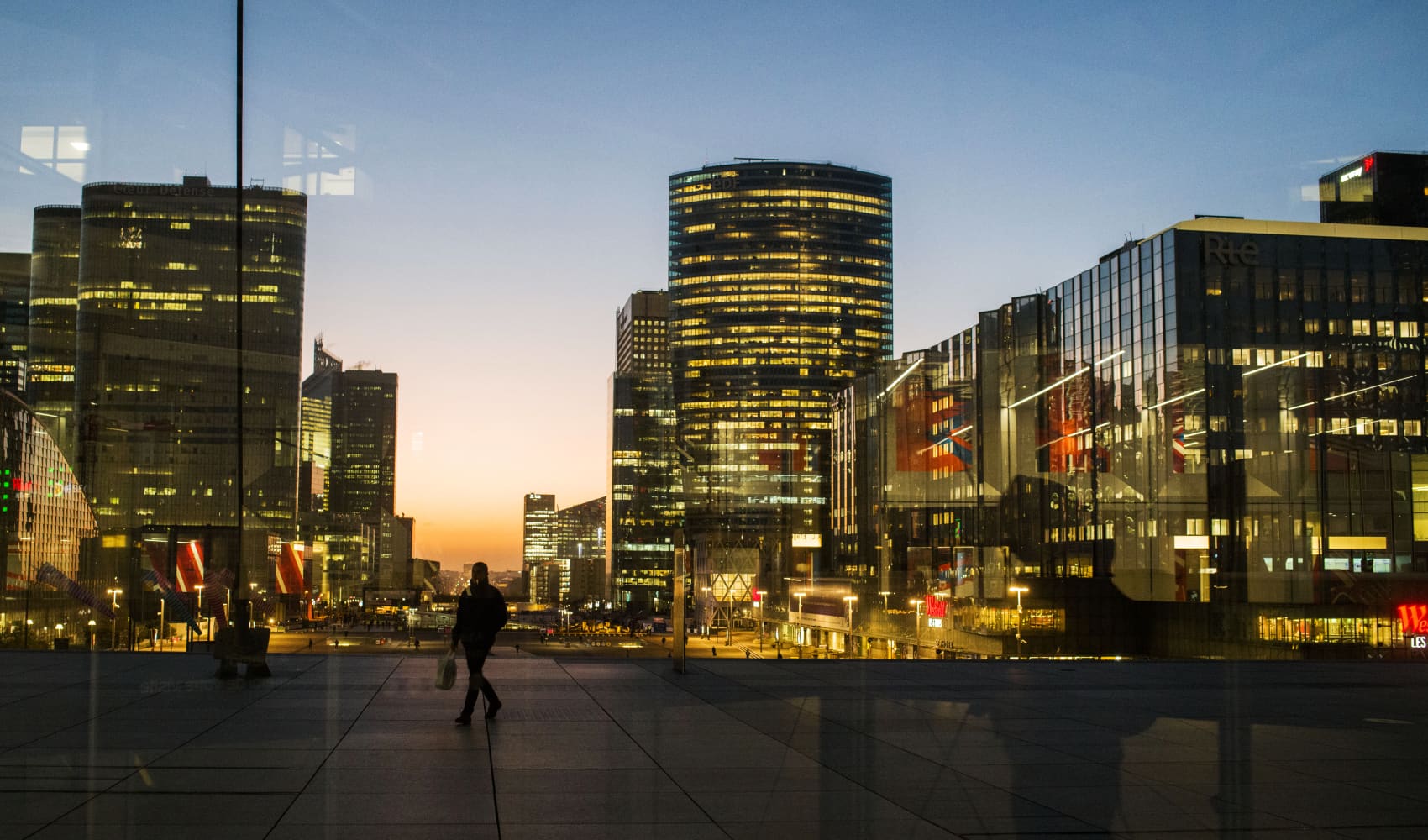
- Tesla shares fell Friday after the electric vehicle maker's long-awaited robotaxi event failed to impress investors.
- CEO Elon Musk revealed the company's Cybercab concept vehicle and said consumers would be able to buy one for a price tag under $30,000.
- Analysts at Barclays said the revelations had failed to highlight any near-term opportunities for Tesla, instead prioritizing Musk's vision for a fully autonomous driving future.

Tesla shares closed down nearly 9% on Friday after the electric vehicle company's long-awaited robotaxi event failed to impress investors.
CEO Elon Musk unveiled the firm's Cybercab self-driving concept car — a low, silver two-seater, with no steering wheels or pedals — on Thursday night, at the company's "We, Robot" event, and hyped his company's ambitions to create a fleet of autonomous vehicles and robots.
Get Tri-state area news delivered to your inbox.> Sign up for NBC New York's News Headlines newsletter.
Musk said the company hopes to be producing the Cybercab before 2027, but offered no details on where the cars will be manufactured. He said consumers would be able to buy a Tesla Cybercab for a price tag under $30,000.
He also said he expects Tesla to have "unsupervised FSD" up and running in Texas and California next year in the company's Model 3 and Model Y electric vehicles. FSD, which stands for Full Self-Driving, is Tesla's premium driver assistance system, available today in a "supervised" version for Tesla electric vehicles.
Money Report
The technology still requires a human driver at the wheel, ready to steer or brake at any time.
Closing at $217.80 on Friday, Tesla shares were off 12% year-to-date and 17% over the past 12 months.
'Pre-event momentum fizzles'
In addition to the Cybercab, Musk also announced plans to produce an autonomous, electric Robovan that can carry up to 20 people, or be used to transport goods. He said it will "solve for high density," transporting a sports team, for example.
After the event, analysts at Jeffries published a note titled "We, underwhelmed."
Analysts at Barclays said the revelations failed to highlight any near-term opportunities for Tesla, instead prioritizing Musk's vision for a fully autonomous driving future.
"As expected, like prior Tesla product unveils, the event was light on the details, and instead emphasized the vision underpinning Tesla's growth endeavors in AI/AV [autonomous vehicles]," Barclays' analysts wrote.
They added that the public didn't "get any near-term updates on FSD progress, or data reflecting improvement in the system."
Piper Sandler analysts wrote in a report hat "most trading-oriented firms will be underwhelmed by the robo-taxi unveiling."
"We wouldn't be surprised if the stock sells off in the coming weeks, as pre-event momentum fizzles," the analysts wrote.
Analysts at Morgan Stanley, meanwhile, said that Musk failed to make the case that Tesla is an artificial intelligence company during the event. The analysts noted that Musk didn't offer any details on improvements to Tesla's FSD system or say anything about rumored plans of a tie-up between Tesla and xAI, Musk's AI company.
The event "overall disappointed expectations on a number of areas: a lack of data regarding rate-of-change on FSD/tech, ride-share economics and go-to-market strategy," the Morgan Stanley analysts wrote.
"We were overall disappointed with the substance and detail of the presentation," they added. "As such, we anticipate TSLA to be under pressure following the event."
What's clear after the event is that it will be years before Tesla has a fleet of self-driving cars on public roads and that regulators will have to weigh in on numerous concerns over the safety features embedded into the vehicles.
Paull Miller, an analyst at Forrester, told CNBC in an email that a $30,000 Cybercab isn't coming anytime soon.
"It will be extremely difficult for Tesla to offer a new vehicle at that price within that timescale," Miller said. "Economies of scale might eventually allow the company to drive costs down to something close to $30,000. Without external subsidies, or Tesla making a loss on every vehicle, it doesn't seem plausible to launch at anything close to that price this decade."
Alphabet's Waymo, which has offered its robotaxi service to the general public since June, is among the few companies that have successfully launched self-driving cars on public roads.






